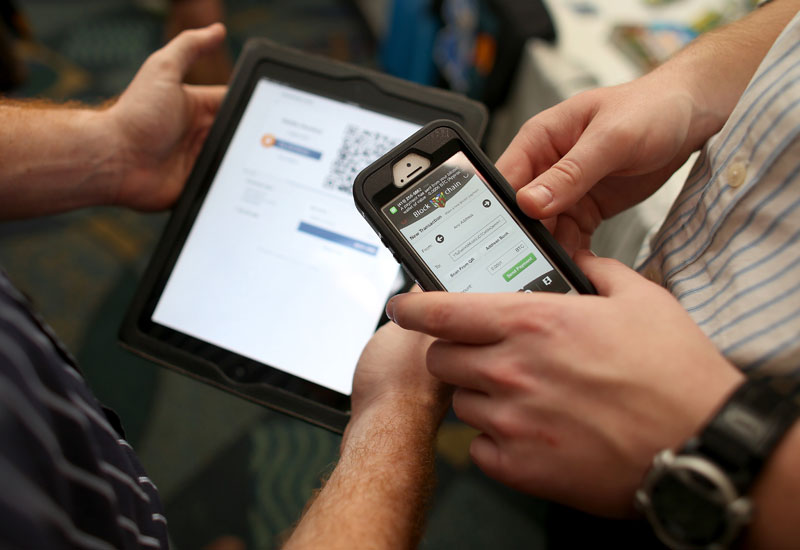Marriott International is leading efforts by hoteliers and operators in the United States to potentially curb the use of personal Wi-Fi hotspots by guests.
Earlier this year, the company was fined US $600,000 by the Federal Communications Commision for blocking access to Wi-Fi hotspots at one of its properties, the Gaylord Opryland Hotel and Convention Center.
The operator has now put its name to a petition to the regulator to urging it to declare that using Wi-Fi blocking equipment would not violate FCC rules. It has been joined in these efforts by the American Hotel and Lodging Association and Ryman Hospitality Properties, the asset manager of Gaylord Opryland Hotel and Convention Center.
Its arguments in the petition largely revolve around the need to ensure that guests can access the internet securely, and also the impact personal networks can have on the hotel’s Wi-Fi network.

| Advertisement |
One example of a potential threat is that a personal hotspot could be created which may appear to be the hotel’s own Wi-Fi network; if a guest were to access this, they could expose their computers and devices to intruders.
The petition has already generated significant backlash, with extensive coverage in the national and technology media.
The highly influential New York Times’ Editorial Board has also come out strongly against the petition, describing it as a “blatant attempt to limit customer choice”.
On the back of some of these concerns, Marriott International released a statement clarifying its position and its objective with the petition.
“To set the record straight it has never been nor will it ever be Marriott's policy to limit our guests' ability to access the Internet by all available means, including through the use of personal Mi-Fi and/or Wi-Fi devices,” it said.
“As a matter of fact, we invite and encourage our guests to use these Internet connectivity devices in our hotels. To be clear, this matter does not involve in any way Wi-Fi access in hotel guestrooms or lobby spaces.
“The question at hand is what measures a network operator can take to detect and contain rogue and imposter Wi-Fi hotspots used in our meeting and conference spaces that pose a security threat to meeting or conference attendees or cause interference to the conference guest wireless network.”









 Search our database of more than 2,700 industry companies
Search our database of more than 2,700 industry companies









